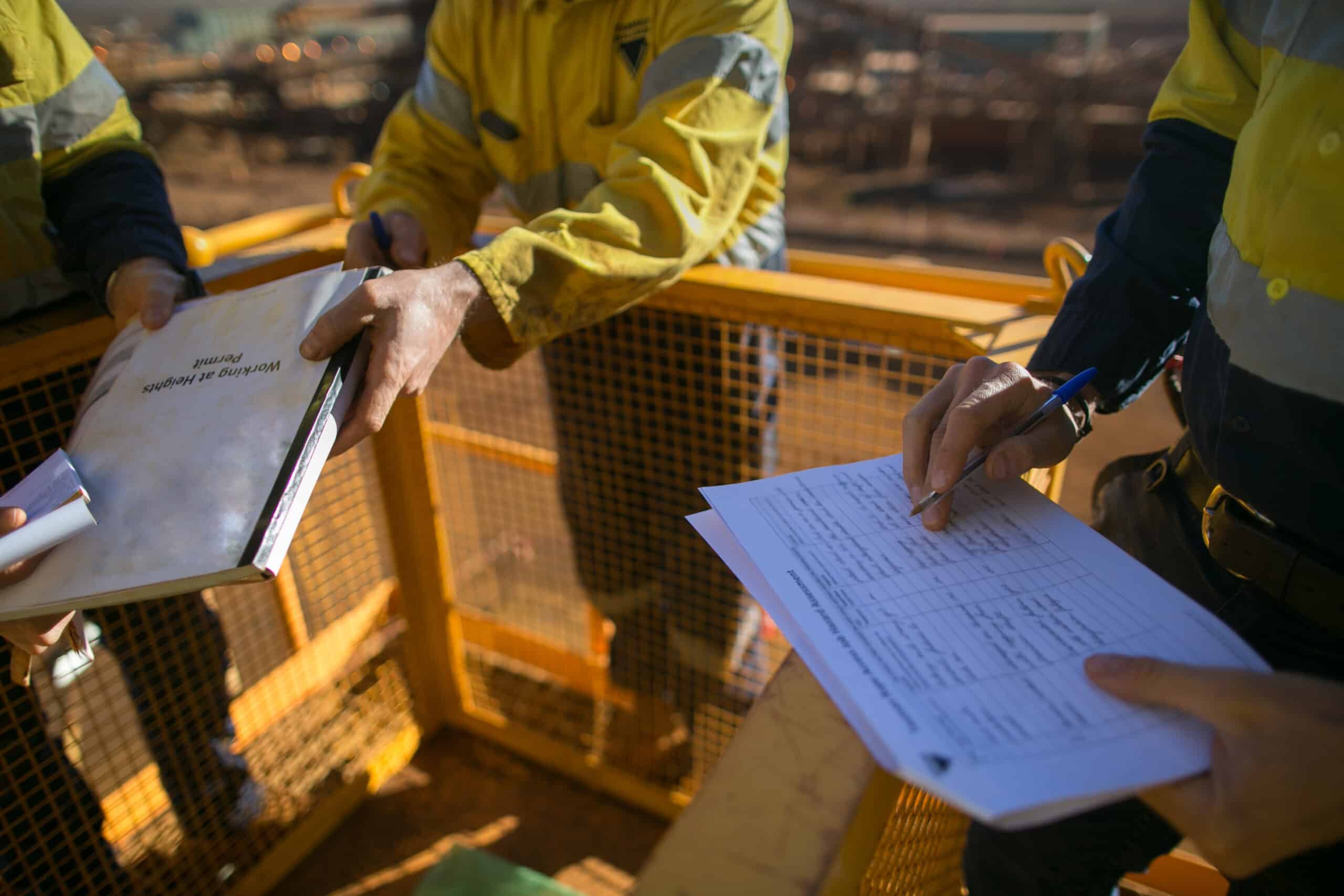Doing business in California just got more complicated with the passage of Senate Bills 253 and 261 mandating climate-related data disclosures. While the mandates do not go into effect until 2026, laying the infrastructure to track and report on sustainability data from 2025 is paramount to avoid compliance issues that could result in fines or operating permit complications.
What is California SB 253?
Passed in 2023, The Climate Corporate Data Accountability Act (SB 253) requires both public and private US businesses with over $1 billion in annual revenue that do business in California to disclose their Scope 1, 2, and 3 (Scope 3 beginning in 2027 with 2026 data) greenhouse gas (GHG) emissions in accordance with the GHG Protocol.
SB 253 also requires businesses to obtain third-party assurance for their emissions disclosures. Limited assurance will be required from 2026 with the more stringent standard of reasonable assurance going into effect in 2030.
What is California SB 261?
The Climate-Related Financial Risk Act, also known as SB 261, also applies to both public and private US businesses with annual revenues exceeding $500 million that do business in California. Companies meeting these parameters must produce biennial reports that disclose financial risks associated with climate change that include outlines for strategies they have adopted to mitigate and adapt to climate risks.
While these requirements may appear to be ambiguous, most companies can achieve SB 261 compliance by following the voluntary International Financial Reporting Standards (IFRS) Sustainability Disclosure Standards (IFRS S1 and S2) issued by the International Sustainability Standards Board (ISSB).
Achieve SB 253 and SB 261 compliance with a single integrated solution
- Effectively manage large volumes of climate-related data
- With extensive climate metrics and risks required to track as part of both California regulations, businesses will be challenged to collect and maintain vast amounts of data from their operations, utility usage, and supply chains.
- Automate and simplify climate data collection and management from across your organization and value chain with a secure centralized platform that allows you to easily align data to sites, business units, funds, or other entities for improved oversight and targeted and roll-up reporting.
- Simplify complex data collection and calculation
- Data required for SB 253 and SB 261 comes from across different departments and external partners along the value chain. Consistency and integrity can be challenging, especially with climate-related data that can involve complex emissions calculations and risk models.
- Leverage versatile data collection capabilities to automate and standardize processes for more consistent and reliable climate information across disparate systems and sources. Easily manage calculations to report environmental impact and intensity factors accurately.
- Increased assurance requirements
- Prior to SB 253, a good faith effort to disclose emissions data was typically sufficient for most interested stakeholder groups; however, this regulation puts a greater burden on official climate reporting for closer alignment with financial reporting integrity. Without systemic data management, businesses could face lengthy and expensive audits.
- Make SB 253 auditing easy with AI-powered data validation and collaboration features to provide evidence and history for every data point.
Additional SB 253 and SB 261 Features:
- Materiality Assessment
- iXBRL tagging
- Target setting and tracking
- Supplier management and value chain reporting
- Generate reports against multiple climate standards
Downstream SB 253 and SB 261 Implications: How to prepare for stakeholder demands
If California were a country, it would be the fifth largest economy in the world with its $3.94 trillion gross state product as of 2023. This means there is a lot at stake for companies that want to continue doing business in a massive marketplace. The maximum penalty for SB 253 noncompliance is currently projected as $500,000 annually, but that doesn’t account for other negative effects like potential reputational damage, higher costs of capital, and lost business.
The far-reaching scopes of SB 253 and SB 261 across supply chains for environmental and financial data have downstream effects for smaller businesses whose customers meet the thresholds to comply with these regulations. This means businesses of all sizes will need to take serious steps toward tracking and reporting on their environmental footprints.
Accelerate your climate reporting with an experienced and dedicated partner to help you improve disclosures and manage reporting pressures from customers, investors, and other key stakeholders.

